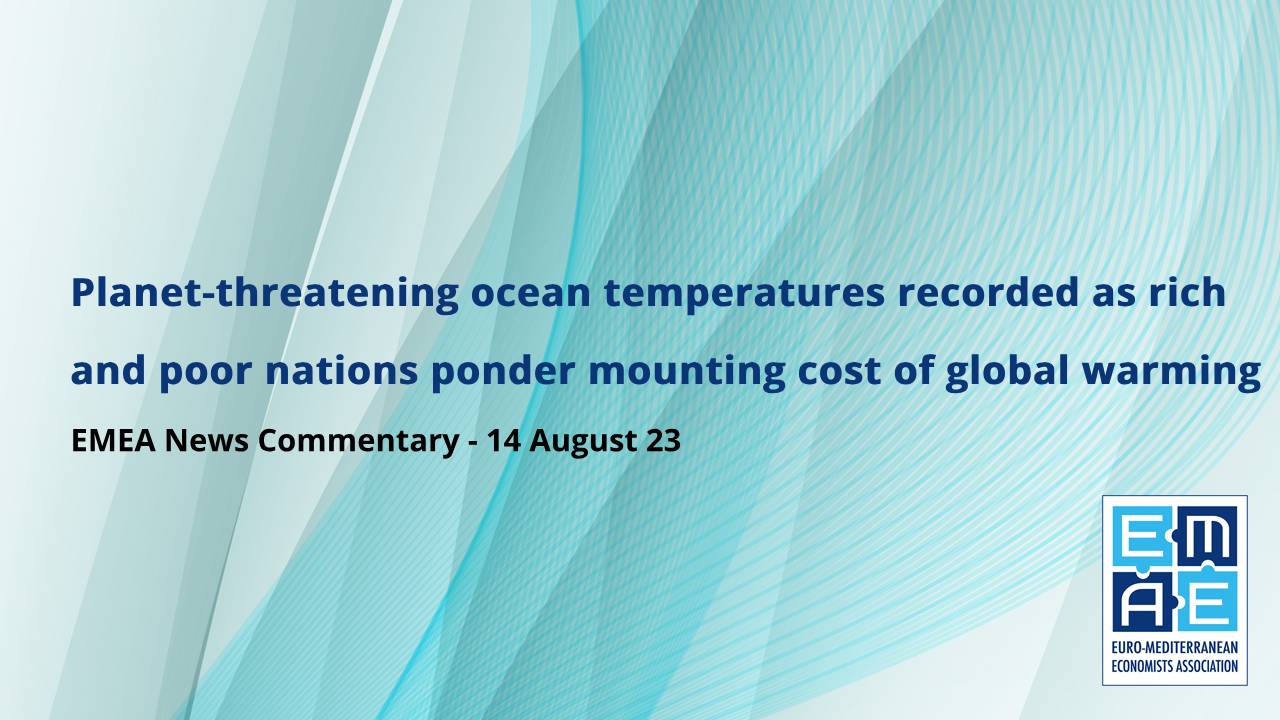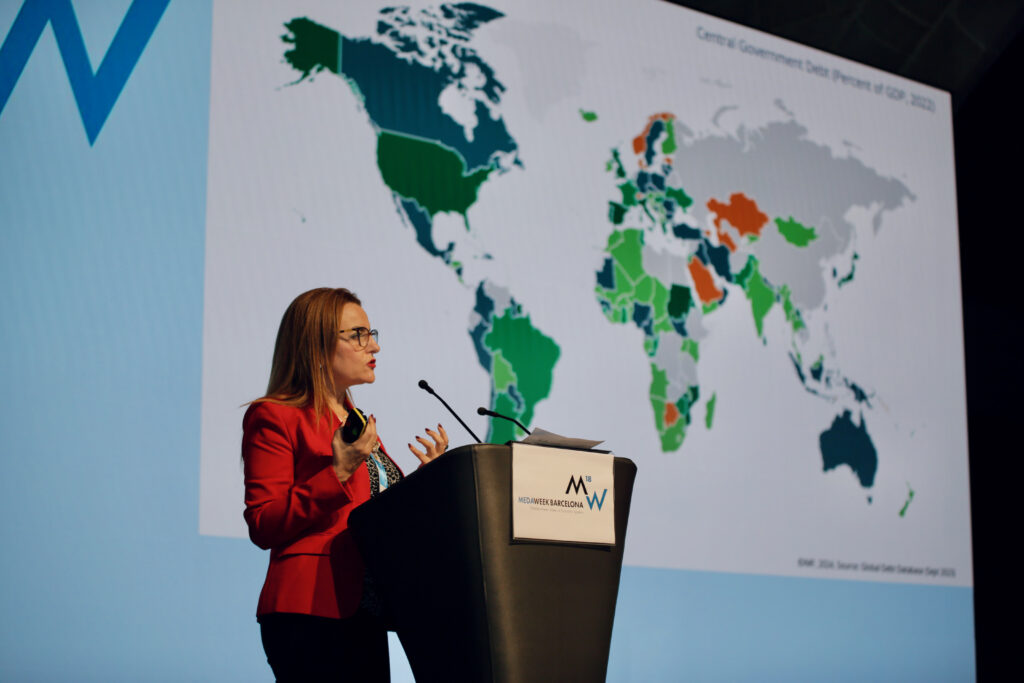Insuring one’s life, home or car is standard practice. It’s been going on for longer than any of us care to remember.
But in the last 12 months or so, a whole new scale of protection has started gaining traction – insuring whole communities against economic losses resulting from climate change. One example would be safeguarding the value of a harvest that’s been lost to climate-induced drought.
Whilst such schemes might seem sensible and universally popular, many poorer countries on the front line of climate change are pushing back against the idea, according to a recent article from Politico.
They see private insurance arrangements as a convenient way for richer nations to avoid contributing towards the mounting fiscal cost of global warming. As the climate envoy for Barbados, Avinash Persaud, said recently: “Somebody caused global warming and they want us to insure ourselves.”
Putting moral and financial objections to one side, countries like Barbados claim climate-related insurance simply wouldn’t work. They believe that insurance schemes are a convenient distraction from richer nations having to make direct funding towards loss and damage.
Richer nations argue insurance has a role
However, wealthier countries, like Germany, reckon insurance can play a fundamental part in the fight against the warming planet. The Germans have been big supporters of what’s known as the Global Shield initiative. It was developed in cooperation with the V20 forum of finance ministers from vulnerable countries and launched at COP27 last year. It is now being piloted amongst a number of “pathfinder” countries that include Bangladesh, Pakistan, Malawi and the Philippines.
Global Shield, however, was somewhat overshadowed by the groundbreaking agreement at COP27, to establish a fund which would pay vulnerable states for damage caused by global warming.
“Last year, Global Shield was basically the answer to loss and damage finance,” said Ines Benomar, a climate diplomacy researcher at the think tank E3G. But with the new fund the conversation had shifted. ”Global Shield has fallen by the wayside somewhat,” she added.
Indeed, aware of scepticism to the scheme, a number of European negotiators now refer to Global Shield and their ilk as “pre-arranged finance” rather than insurance.
But although enthusiasm for Global Shield may be waning, Germany still maintains the plan has a future, claiming that it represents more than a loss and damage finance arrangement. They say it provides fast payout finance that can be tailored to an individual country’s disaster requirements.
In contrast, “the new loss and damage funding arrangements … will likely take years to set up, while Global Shield is starting work now,” said Heike Henn, head of the climate department at Germany’s development ministry. “It’s clear that we want to expand this scheme. There’s a lot of interest.”
Nevertheless, it is unclear where the €270 million raised to date for Global Shield will be distributed. Critics worry that, with richer countries prioritising Global Shield, less money will be made available for the new UN fund or other projects designed to bolster resilience against climate impact.
“We fear that rich countries are continuing to promote insurance as a key solution, which we know has not worked,” said Harjeet Singh, head of global strategy at the non-profit Climate Action Network International. “Places that were insurable are becoming uninsurable, even in Europe,” he warned.
Pushback from vulnerable countries
With escalating climate risks also affecting the insurance industry’s business model, many vulnerable countries are reluctant to rely on a private, profit-driven sector for support.
And then there’s the ongoing debate as to who pays.
Some argue that rich countries — responsible for the bulk of historical emissions — should bear most of the cost. Otherwise, “you’re shifting the responsibility from polluters onto victims, which is super unfair,” said Julie-Anne Richards, a consultant for the Loss and Damage Collaboration, an advocacy group.
Even so, all sides agree that any insurance payouts will probably only cover a fraction of the billions it will cost in anticipated annual climate damages.
Sea temperatures way above seasonal average
Meanwhile, the oceans have now hit their highest ever recorded temperatures, with dire implications for the health of the planet, according to a BBC report.
The EU’s climate change service, Copernicus, has said the average daily global sea surface temperature has outstripped the 2016 all-time high, reaching just short of 21 degrees Celsius. That’s way above the average for this time of year.
Oceans are a key climate regulator, soaking up heat and driving weather patterns. They produce 50% of the Earth’s oxygen.
But warmer waters are less capable of absorbing planet-warming carbon dioxide, which means more of the gas is retained in the atmosphere. Hotter oceans accelerate glacial melting, leading to rising sea levels. They are also disruptive to many marine species in search of cooler waters, which has the effect of upsetting fish stocks and the natural food chain.
Scientists are concerned about the timing of this latest record temperature. Dr Samantha Burgess of Copernicus said oceans should be at their warmest in March, not August.
Despite knowing that the sea surface has continued to warm up through greenhouse gas emissions, scientists are still unclear as to exactly why temperatures have so greatly exceeded those seen in previous years.
Reversing the trend of warmer-than-ever oceans could prove challenging. “The more we burn fossil fuels, the more excess heat will be taken out by the oceans, which means the longer it will take to stabilise them and get them back to where they were,” said Dr Burgess.
Why efforts to insure the world against climate change are falling flat – POLITICO (ampproject.org)
Ocean heat record broken, with grim implications for the planet – BBC News





